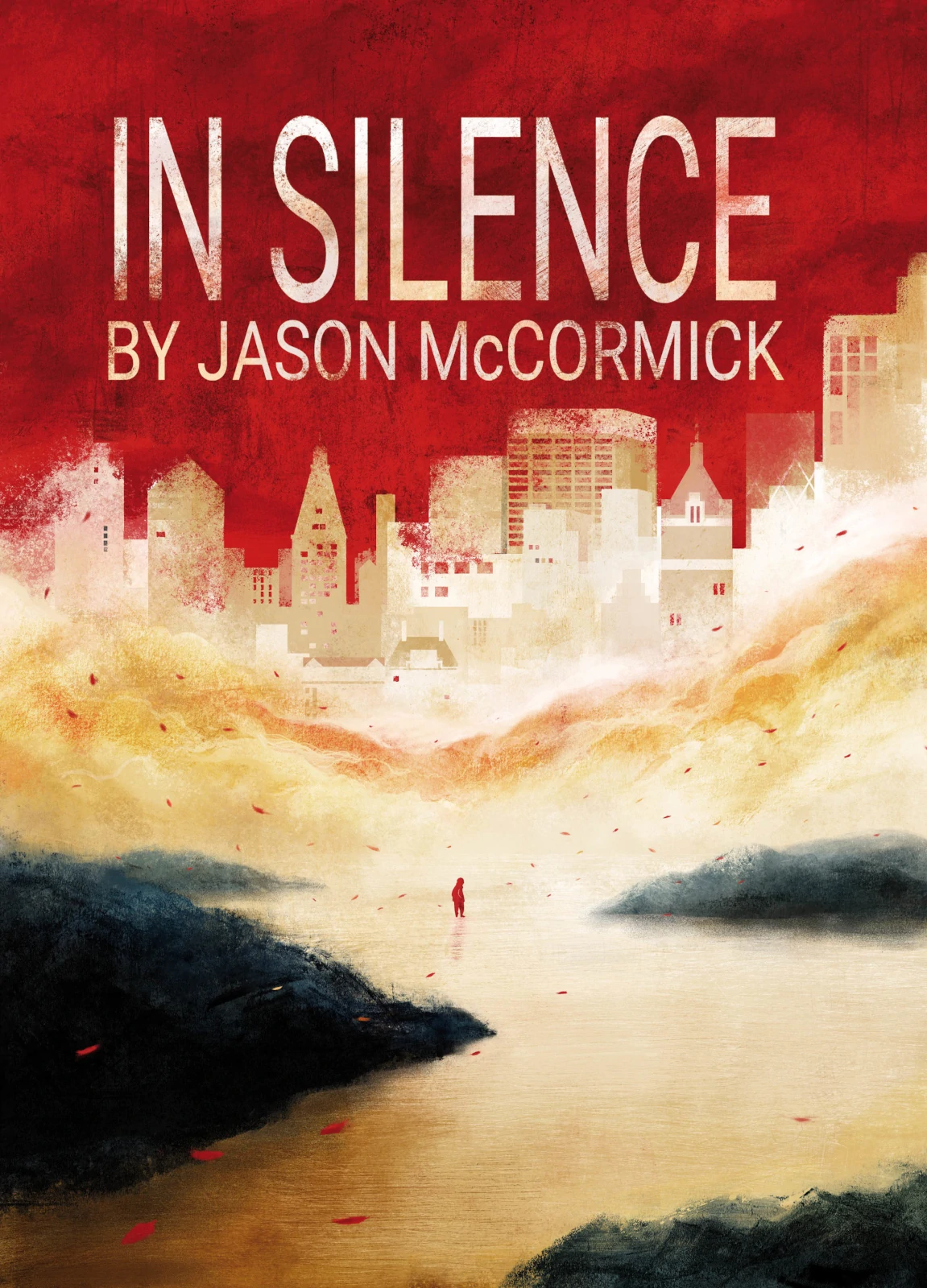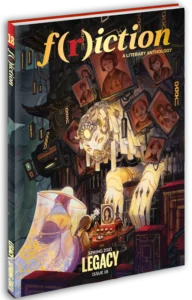Even after all the time she had spent cleaning, she still found herself listening for some sort of noise—water in the pipes, perhaps, or the hum of fluorescent lights. Outer offices often had large windows and sometimes, when she was working on the top floors of buildings, the wind would gather strength and batter against…
This post is only available to members.
Jason McCormick
Jason McCormick (he/him/they/them) is a writer, teacher, and PhD student at the University of Nebraska. They received an MFA in Creative Writing from The New School and an MA in Literature from Hunter College (where they wrote a thesis on zombie literature). This is their second publication with F(r)iction Magazine.
Carly A-F
Carly A-F is a freelance illustrator from the UK, creating picture books, posters, book covers, and more. Her work is a combination of hand-drawn elements, painted textures, and graphic shapes. She is inspired by nature, science, myth, and magic.

